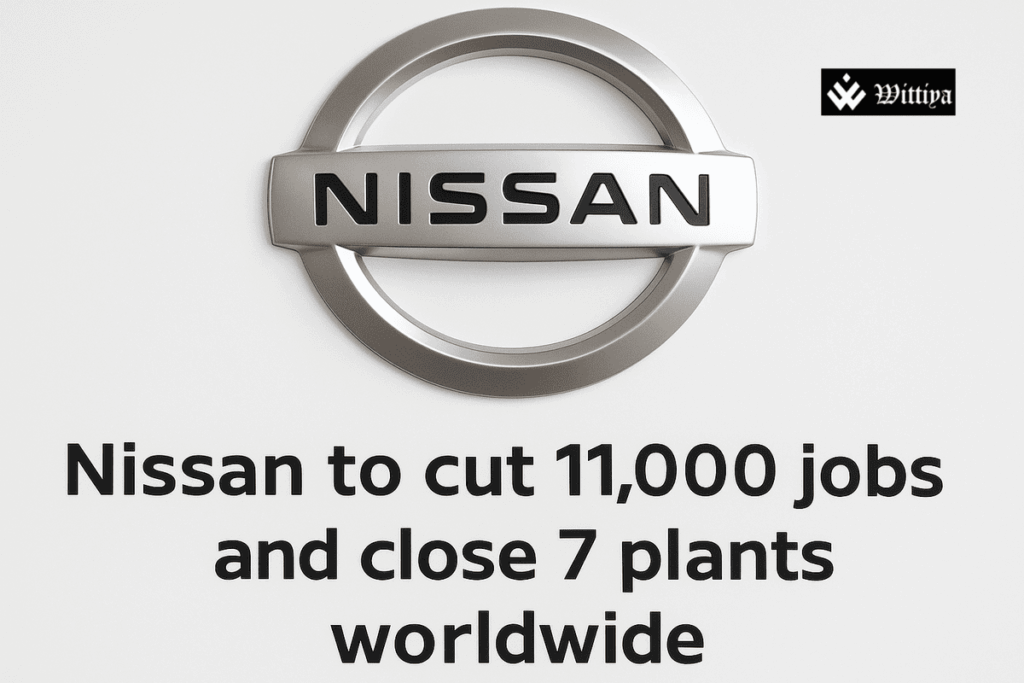Japan-based automobile giant Nissan announced on May 13, 2025, that it will cut an additional 11,000 jobs globally and shut down seven manufacturing plants in response to falling global demand, especially in China and the US. This move raises the total layoffs to 20,000 over the past year.
Japanese automobile manufacturer Nissan Motor Co., headquartered in Yokohama, Kanagawa Prefecture, announced significant restructuring plans, including cutting 11,000 more jobs globally and shutting seven factories, as it battles declining sales in its largest markets, China and the United States.
The decision follows a difficult year for the company, now under the leadership of CEO Ivan Espinosa, who stepped in after former CEO Makoto Uchida resigned following a failed $60 billion merger deal with Honda and Mitsubishi in February 2025.
The newly announced layoffs bring Nissan’s total job cuts to 20,000, or approximately 15% of its global workforce, over the last year. Two-thirds of the layoffs will come from manufacturing, while the remaining cuts will affect sales, administrative, research, and contract staff. The company currently employs about 133,500 people worldwide, including 6,000 at its Sunderland plant in the United Kingdom, though it remains unclear whether the UK facility will be impacted.
Espinosa described the previous financial year as “challenging,” with rising costs, shrinking demand, and trade tensions including the lingering effects of US tariffs. Nissan reported an annual loss of $4.5 billion (670 billion yen) and has chosen not to provide a forecast for the current fiscal year due to the “uncertain nature of US tariff measures.”
In addition to cutting jobs and reducing production by 20%, Nissan has scrapped plans to build a new electric vehicle and battery plant in Japan, highlighting a broader pullback in investment amid market volatility.
The company continues to face intensifying competition in China, especially from domestic EV leaders like BYD. Meanwhile, US inflation and higher interest rates have dampened consumer appetite for new vehicles, further pressuring sales.
As Nissan recalibrates its global strategy, the collapse of the Honda merger and the scale of job losses reflect deep structural challenges within the traditional automotive sector, especially as the world pivots toward electric and connected vehicles.
